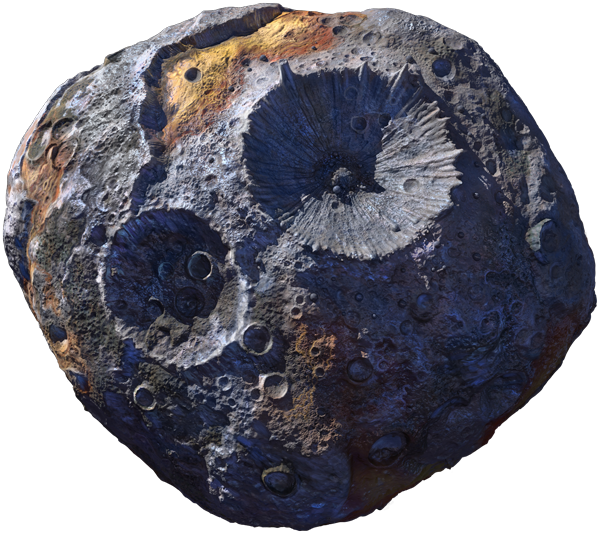RT
Scientists have discovered highly reactive chemical compounds that are formed under natural atmospheric conditions but could pose a threat to human health and the environment. While the existence of these compounds – called trioxides and consisting of three oxygen atoms bound together – had been theorized, researchers from the University of Copenhagen confirmed their presence in the air in a paper published Thursday in the journal Science.
Trioxides are extremely flammable and explosive. They are formed through the atmospheric decomposition of common substances emitted into the atmosphere, such as isoprene and dimethyl sulfide – in fact “from almost all chemical compounds,” according to co-author Jing Chen. Created by reactions between two types of radicals, they persist anywhere from a few minutes to several hours, during which time they may react with other compounds in the air.
During that time, the newly discovered chemicals are likely to be able to penetrate aerosols, which are tiny airborne particles, and could cause health hazards leading to cardiovascular and respiratory diseases, the researchers observed. The new compounds that form when trioxides combine with aerosols have not been studied and their effects on humans are not known.
Additionally, the researchers noted that trioxides might influence how many aerosol particles are produced. This could potentially impact aspects of the climate, such as how much sunlight is reflected back into space or absorbed into cloud formation, both of which in turn affect the temperature on earth.
While study co-author Kristan Moller noted that “most human activity leads to emission of chemical substances into the atmosphere,” his fellow co-author Eva Kjaergaard pointed out that the newly-discovered compounds were not themselves a new arrival to the atmosphere, stating “these compounds have always been around – we just didn’t know about them.”
The researchers, then, are not worried, despite the potential hazards posed by their discovery. Instead, they see it as an opportunity. “The fact that we now have evidence that th…



